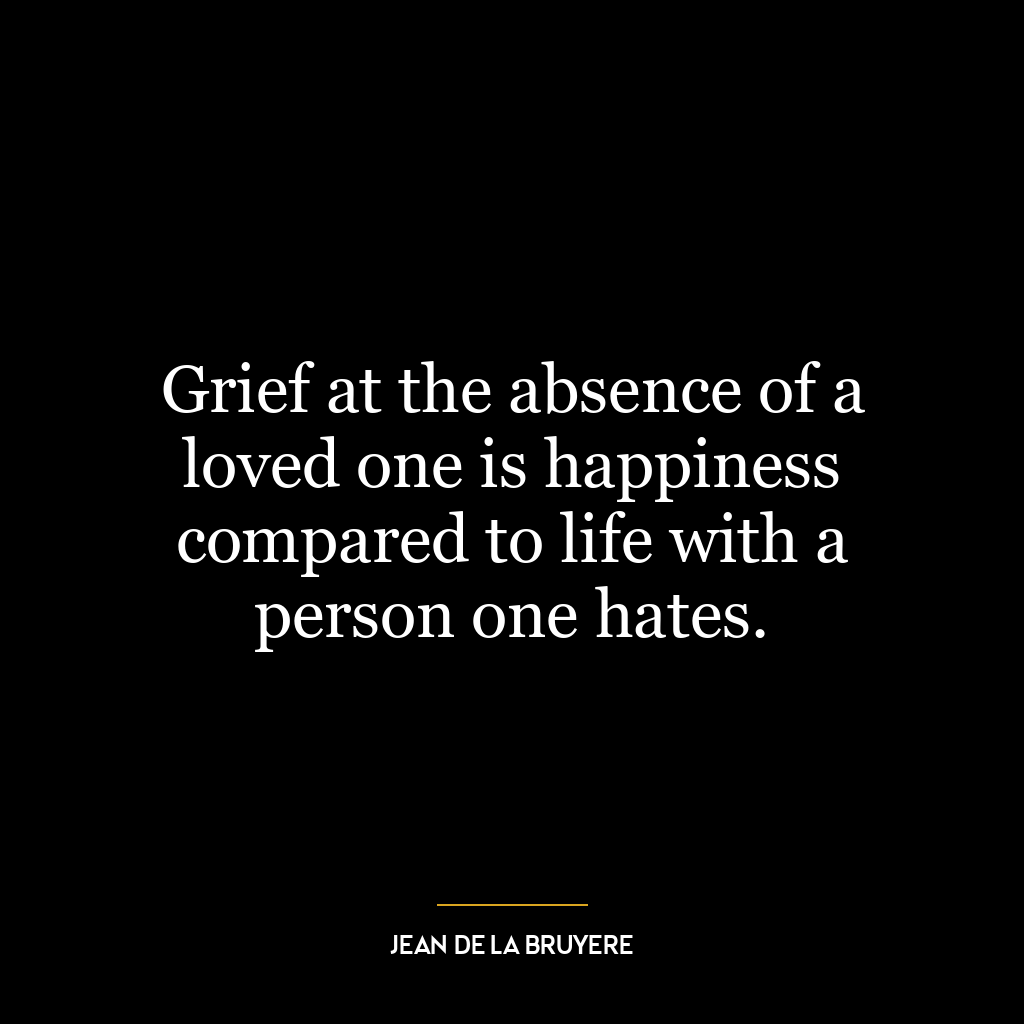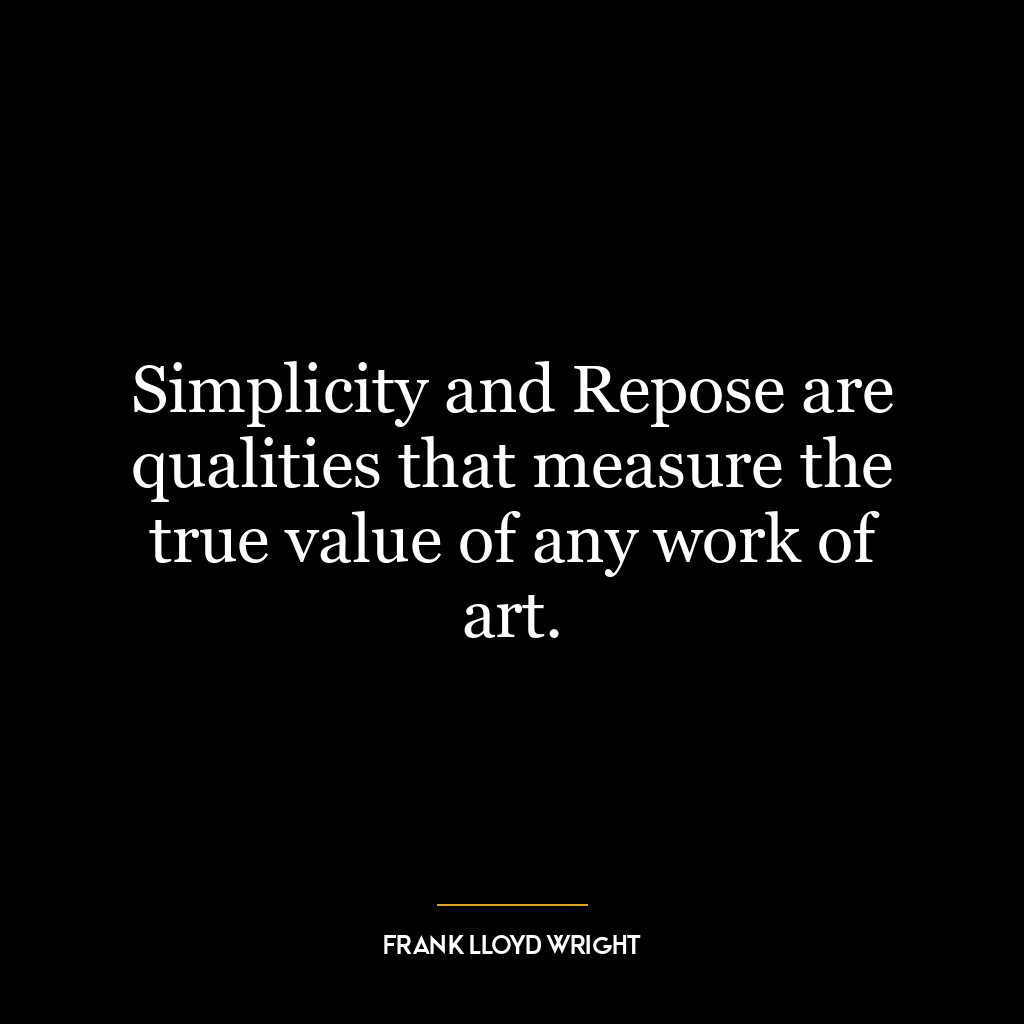This quote is a metaphor comparing happiness to watches, implying that simplicity leads to reliability and less potential for problems. In the context of watches, the less complicated the mechanism, the fewer parts there are that could potentially fail or cause problems. Similarly, when it comes to happiness, the less complicated or cluttered our lives and minds are, the less likely we are to experience disturbances or unhappiness.
In essence, the quote is advocating for a minimalist approach to life and happiness. It suggests that by reducing our lives to the essential elements and getting rid of unnecessary complexities, we can achieve a more stable, reliable form of happiness. This is not to say that life should be devoid of challenges or ambitions, but rather that we should avoid unnecessary complications that only serve to create stress and discontent.
In today’s world, this idea is more relevant than ever. We live in a time of information overload, where our attention is constantly being pulled in different directions by social media, news, work, and other demands. This can lead to a sense of overwhelm and dissatisfaction. However, by simplifying our lives – whether that means decluttering our homes, spending less time on social media, or focusing on a smaller number of meaningful relationships or projects – we can reduce these stressors and foster a more consistent sense of happiness.
In terms of personal development, this quote could be applied as a guiding principle for decision-making and goal-setting. For example, instead of striving for a high-stress, high-pay job that requires long hours, one might choose a less demanding job that allows for more leisure time and less stress. Similarly, instead of trying to maintain a large network of acquaintances, one might choose to focus on deepening a smaller number of close relationships. By making choices that simplify our lives, we can create conditions that are more conducive to consistent, reliable happiness.










